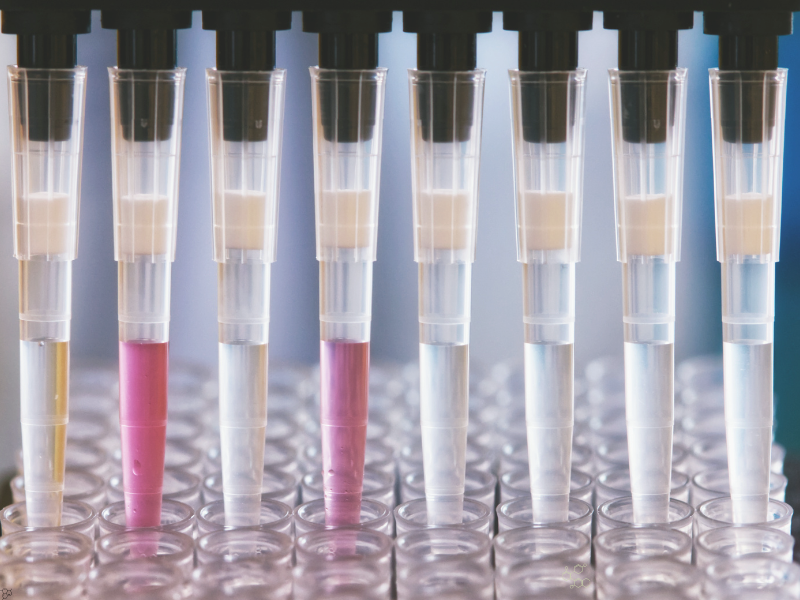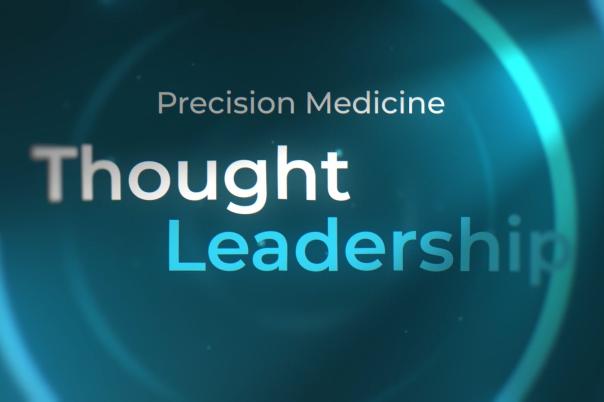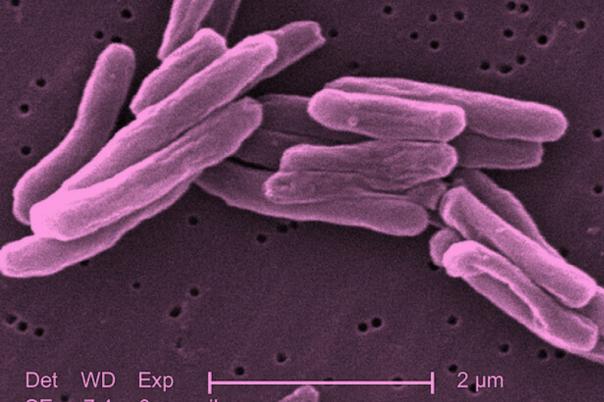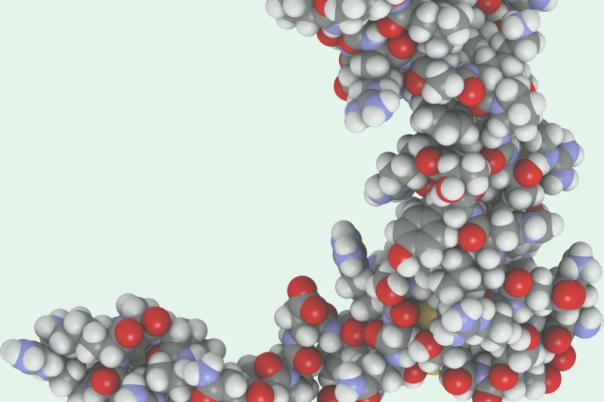The UK Biobank will spend the next three years developing a versatile AI foundation model that integrates health records, medical images, and genomic data from the UK Biobank. The aim is to set a new standard for predicting disease risk and clinical outcomes. It is also expected that this approach will uncover biological drivers of conditions like cancer and rare disorders.
Nowadays, the issue for clinicians is not the volume of data but rather integrating and analysing it to generate actionable insights. Healthcare practitioners spend an excessive amount of time sifting through vast volumes of patient history, images, lab tests, and genetic information to make informed treatment decisions.
AI offers the promise of identifying hidden patterns across diverse data types. However, existing tools rarely handle records, images, and genomic sequences simultaneously at an unprecedented scale of hundreds of thousands of patients. However, by training the model on such a large and varied population, it is expected to perform accurately for individuals from a range of genetic and environmental backgrounds.
The diseases represented in the UK Biobank affect millions of citizens across the globe. The new model will predict high-risk patient groups, map out disease trajectories, and propose underlying molecular causes. In efforts to foster innovation, results and codes will be openly available to researchers so that they can build on the UK Biobank’s work.








